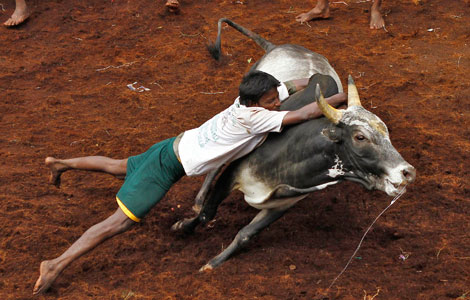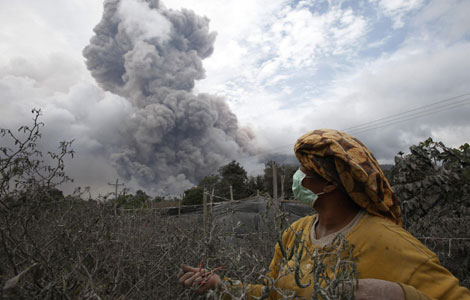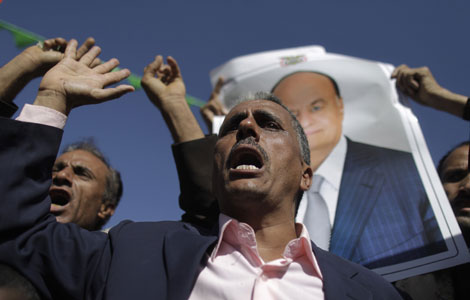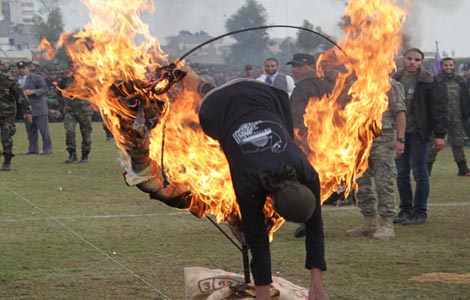

BANGKOK/SINGAPORE - Thailand's embattled government offered to sell rice at a huge loss, officials said, as it sought to shore up Prime Minister Yingluck Shinawatra's support among farmers who are concerned that the administration could run out of money to pay them.
The government, battling a campaign to oust Yingluck that has pitted the royalist, Bangkok establishment against her mainly rural supporters, offered rice at around 30 percent below cost on the export market to continue funding a rice intervention scheme, a Thai and a Philippine official said.
The offers continued until Yingluck dissolved parliament last month to counter the campaign against her government.
Her caretaker government lacks the authority to take major decisions, including the export of state rice stocks, and has to rely on domestic sales to pay the mounting bills it owes rice farmers in Yingluck's provincial strongholds.
The government does not disclose at what prices it offloads rice in the domestic market, but traders estimate they will be substantially below anything offered on the international market.
"We need to adjust ourselves in order to sell rice at appropriate prices to get liquidity to run the rice-buying scheme," said Surasak Riangkrul, director-general of the Foreign Trade Department, which oversees sales of the government's rice stocks.
He declined to disclose the exact price Thailand is offering but another official in the commodity trade department said Bangkok quoted $475 a tonne in a government-to-government deal with Manila last month to supply 500,000 tonnes.
This is almost a third below the estimated cost of 22,000 baht ($669) per tonne the government incurred on buying paddy from farmers, milling and storage. At the time, rice prices in the world market were around $400-$420 a tonne.
A spokesman of the National Food Authority (NFA) in the Philippines said Thailand reduced the offer price further to $462 per tonne as it tried to outbid Vietnam, which quoted $462.25, highlighting Bangkok's desperation.
"But it was too late because we had already decided to award the deal to Vietnam," said Rex Estoperez, NFA's spokesman.
The subsidy, which has cost the government billions of dollars, has fuelled the political crisis that is being played out on the streets of Bangkok.
Protesters are seeking to topple the government, which swept to power in 2011 with support from rural voters, many of them rice farmers who had welcomed the generous intervention scheme. City dwellers are angered that their taxes are paying for the subsidy.
However, hundreds of farmers, some unpaid since October, have also joined the demonstrations against Yingluck, disillusioned by the government's inability to reliably fund the controversial programme.
Farmers who have not been paid by the state for rice bought under the scheme threatened to block roads in 26 provinces last month.
Thailand is sitting on a massive rice stockpile, estimated between 15 and 17 million tonnes.







